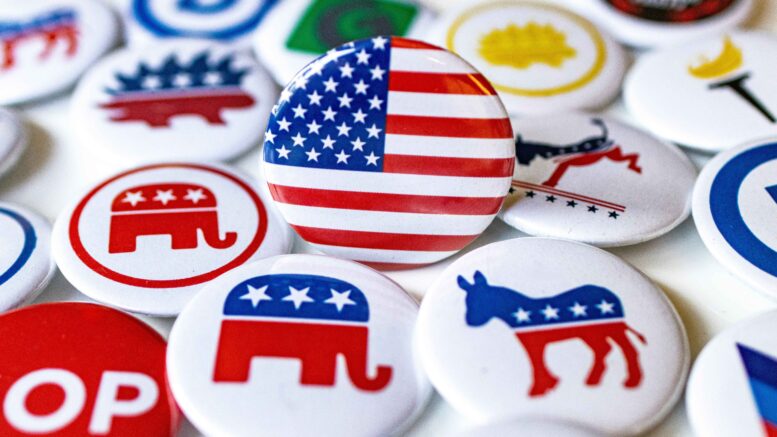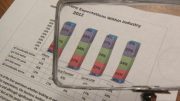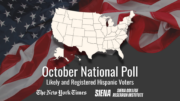When I’m asked about my job as director of the Siena College poll, I will tell a willing listener that we contribute to American democracy. Often, I’ll explain, people just don’t have time to listen to the views of citizens of all types, or to understand their experiences. People tend to assume that everyone sees, or ought to see, the world as they or their network does.
At Siena, we have the opportunity to interview every slice of America, old or young, rich or poor, college educated or not, white or Black and, of course, Democrat, Republican or independent. And we have the privilege of providing the insights gleaned from those conversations back to the public. We believe that this process — representative interviews with a true cross-section of Americans measured and given back to the public without bias — enhances the democracy that we all cherish.
Now a pollster in Iowa and her newspaper partner are being sued. Accused of fraud and bias, the pollster and the newspaper that published the poll are in the national spotlight.
The poll in question turned out to drastically overstate support for Kamala Harris and understate Iowans’ intent to vote for Donald Trump. Released on Saturday night prior to the election, it generated a hold-the-presses moment. But after the votes were counted, Trump won Iowa and the Oval Office, the poll was shown to be a clunker and the pollster who had perennially been referred to as the “gold standard” retired.
Sometimes carefully written, fielded and analyzed polls can be wrong — even well outside the margin of sampling error. Statistically, that will happen in about 1 out of every 20 polls. That may have happened here. Or perhaps some of the methodological decisions made by the pollster introduced error. Not all pollsters sample their respondents or weight their data the same way. Another pollster might have found a different result than the Iowa pollster did even with the same data. Or perhaps, as the lawsuit alleges, there was fraud.
All pollsters have had polls that turned out to inaccurately reflect the final decision of the voters. And let’s face it, politics and elections are heated. At one time or another I’ve been criticized by members of every major party. I’ve had both Democrats and Republicans scream at me and our college president that the Siena poll was way off when it turned out we nailed the margin on the number when election tally was counted. All that is fair game in politics and polling.
The Iowa pollster has transparently released her data. Reputable pollsters do that. In fact, we’ve taken our data and shared it with other pollsters to see if they get different results from the same interviews.
A polling clunker happens. A series of methodological decisions can make a miss more likely. But fraud or willful deception? Reputable pollsters don’t do that.
What is the cost here? If we at Siena had stopped conducting pre-election polls because politicians didn’t like our results, the doors would have been closed long ago. And if that had happened, there would be no polls showing how Americans stand on the issues of the day. No polls that share the behaviors or experiences of one group of Americans with other Americans. No contribution to democracy.
I love being a pollster. I am very grateful for the chance to listen to thousands of Americans through our polls on everything from political choices to everyday experiences, hopes, dreams and concerns, and in sharing those comments, making all of us better informed and hopefully more understanding of one another.
I love our democracy and will continue to contribute to it as a pollster.
Don Levy, Director of the Siena College Research Institute.





